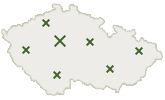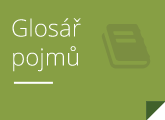The number, type and availability of new drugs in Europe continued to increase in 2012, according to a report released today by the EMCDDA and Europol. Driven by globalisation, technological advancement and the Internet, an open market for new drugs has now developed which presents significant challenges to public health, law enforcement and policymaking.
Europe’s drugs problem is in a ‘state of flux’, with new threats emerging that challenge current models of policy and practice. This is according to the European Drug Report 2013: Trends and developments, published today by the EMCDDA in Lisbon. In its annual review, the agency describes positive developments in relation to the more established drugs, such as fewer new users of heroin, less injecting and declining use of cannabis and cocaine in some countries.
Record levels of treatment provision for Europe’s drug users are among the positive changes seen in the current European drug landscape, according to the European Drug Report 2013: Trends and developments published today by the EMCDDA in Lisbon. Yet, the agency warns that considerable challenges remain for treatment services.
Leading European and international experts will meet in Lisbon from 6–8 May to review the state of the art of a rapidly-developing scientific discipline known as ‘drug wastewater analysis’. The event, ‘Testing the waters: the first international multidisciplinary conference on illicit drugs and wastewater’, is being organised by the EMCDDA, in collaboration with: the EU-funded SEWPROF project; the Italian Mario Negri Institute; and the Norwegian Institute for Water Research.
Čtěte více




